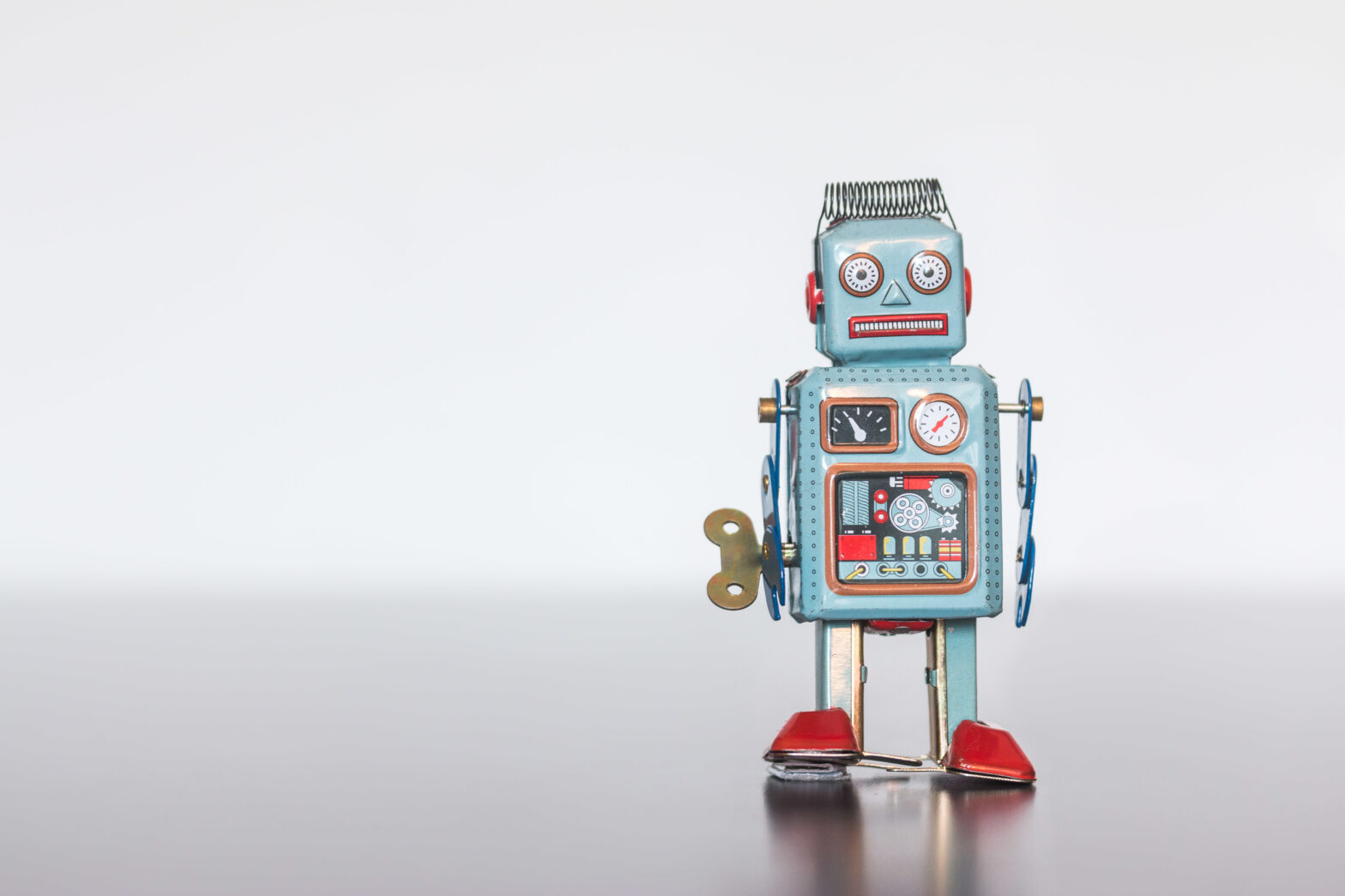With the rise of artificial intelligence (AI) and other smart technologies, it is inevitable that a number of jobs will be automated away. At one level, such ‘technological unemployment’ is nothing new. From the advent of the steam engine and mechanisation of farming, through to the robotisation of car manufacturing and introduction of personal computing – jobs have always been automated through the use of technology.
Historically, this hasn’t been an issue – as new technologies have come to market, combined with human ingenuity and the ability to create new products and services have – until now – increased the scope for employment and fulfilment.
However, things could be markedly different this time round – regular forecasts suggest up to 80 per cent of all current jobs could be impacted or disappear through automation. Furthermore, perhaps only a fraction of those displaced will find opportunities in the highly automated growth industries of the future.
This need not be a problem if we can wean ourselves off the notion of having a job as being the ultimate goal and responsibility of every individual of working age. Such a mindset and cultural transition is not without challenges. Current and critical social structures such as education, training, the welfare state and the benefits system are clearly not fit for purpose in the jobless future. However, for future generations, this may actually be a blessing in disguise.
In twenty years, automation may have created a society where jobs aren’t available or are not being created at the scale necessary to employ the large numbers of people digitised out of work. Employment would become a rare and specialised activity, creating huge groups of people with no job, no prospects and no income. Governments would be forced to implement programs to relieve the economic and societal pressures that could arise: how would people buy food, pay rent, obtain education? Even more so, how would they buy the products and services companies sell?
One of the more humane solutions proposes aggressive public policy to underpin a post-job society with basic income programs, known as Universal Basic Income (UBI) or ‘Mincome’ (‘minimum income’) and Universal Basic Services (transport, electricity, education, sanitation, healthcare). If AI and other forms of smart technology do take over many work functions, the social safety net would need to expand beyond filling temporary gaps to actually forming the basis of the provision of essential needs for most people.
Today’s social safety nets are designed to protect the lowest-earning and non-earning members of the community, mostly on a temporary basis; the nature of unemployment benefits, rehabilitation and job training programs paid for with public funds is that they are intended to put people back to work.
Establishing mincome for all could empower the majority and protect society from collapse due to economic imbalance. In fact, rather than provide bare subsistence, a mincome might offer the support needed to foster human creativity, problem solving and innovation. Making sure all the basic needs are met across society would be a necessity in the absence of paying jobs. This could also provide a huge benefit to society in terms of maximizing human potential.
Education for the post-jobs world
Though future of work predictions are foreboding, they are not death sentences. We already see losses in routine white-collar office functions, but gains in computing, mathematical, architecture, and engineering related roles. However, social skills — such as persuasion, caregiving, emotional intelligence and teaching—will be in higher demand than narrow technical skills.
The evidence bears out the claim that teachers will be in high demand. Recently UNESCO has announced that almost 70 million teachers must be recruited to achieve the goal of universal primary and secondary education by 2030. While AI might perform the logistical and technical aspects of teaching, and especially grading and assessing, there is no adequate concept yet for automating the one-on-one support in the classroom. Automation could make teaching a more attractive and lucrative profession, and drive innovation in schools by enhancing human skills in the classroom.
School will have to change to adapt to new realities, which could include lawyers teaching civics, social workers taking kids on field trips into at-risk communities, and scientists escorting children to conduct experiments on local waste sites.
Employment trends point to the need for highly human capacities in the coming decades, suggesting that communications, caring, teaching, conflict resolution, and problem-solving are core skills around which to design modern education systems.
Without clear-cut jobs to prepare for, future generations, enabled with some form of mincome, would then be in a position where experiential and self-guided learning could be more embedded in everyday life and become the new definition of ‘making a living.’ Rather than spend eight hours a day in classrooms, in preparation for spending eight hours a day on a job, children could go outdoors, explore their communities, travel short and long distances and learn about things they enjoy. Future generations could experience education that preserves humanity, not eliminates it.
There is unlimited potential for humanity in a world where work is mostly performed by machines and algorithms. One of the most positive responses to automation would be to eliminate social and economic inequality. In particular, our biggest gifts to future generations would be to redirect resources to ensure all people have what they need to survive, and providing opportunities so that the majority, not the lucky few, get to seek personal fulfilment. We have a choice in front of us today; use the technology at hand to create massive unemployment and economic inequality or as an enabler of abundance and human potential.
The very same exponential technologies that could replace humans will also enable the creation of new businesses. They provide scope for creating innovative business models to bring products and services to market for a customer base who will be working in jobs that do not exist yet. Preparing future generations for jobs that do not yet exist, or the absence of work altogether, is one of the main challenges of the future. It is also one of the biggest opportunities.
This piece was contributed by Rohit Talwar and Alexandra Whittington of Fast Future.





